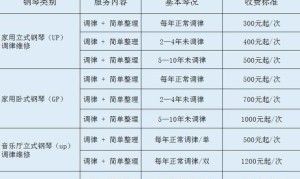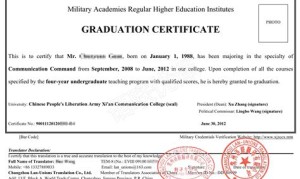Title: Strategies for Efficient GRE Vocabulary Review
Strategies for Efficient GRE Vocabulary Review
Preparing for the GRE requires diligent study, especially when it comes to expanding your vocabulary. Here are some effective strategies to help you review and master GRE vocabulary words:
Flashcards are an invaluable tool for vocabulary review. Create flashcards with a GRE word on one side and its definition, synonyms, antonyms, and usage on the other. Review them regularly, focusing on both memorization and understanding.
Instead of rote memorization, learn words in context. Read articles, essays, and GRE sample passages to see how words are used in sentences. This approach enhances comprehension and retention.
Create mnemonic devices to associate difficult words with something familiar. Whether it's a rhyme, acronym, or visual image, mnemonics can make memorization easier and more enjoyable.
Many GRE words share common roots, prefixes, or suffixes. Grouping them based on these similarities can help you recognize patterns and deduce meanings of unfamiliar words.

Utilize GRE prep books, online resources, and practice tests that include vocabulary exercises. These materials often feature highfrequency GRE words and offer effective strategies for learning them.
Consistent review is key to retaining vocabulary. Set aside dedicated time each day to review flashcards, read passages, and practice using GRE words in sentences. Spaced repetition techniques can also help reinforce memory.
Instead of passively studying word lists, actively engage with the material. Quiz yourself, participate in vocabulary games or discussions, and challenge yourself to use newly learned words in writing and conversation.
Ask friends, classmates, or teachers to quiz you on GRE words and provide feedback on your usage. Constructive criticism can help identify areas for improvement and reinforce learning.
Building a strong GRE vocabulary takes time and effort. Stay committed to your study routine, celebrate small victories, and be patient with yourself. Consistency and perseverance will ultimately lead to success.
By incorporating these strategies into your GRE preparation, you can enhance your vocabulary skills and improve your performance on the exam. Remember to tailor your review process to suit your learning style and preferences, and don't hesitate to seek support from peers or educators when needed.





